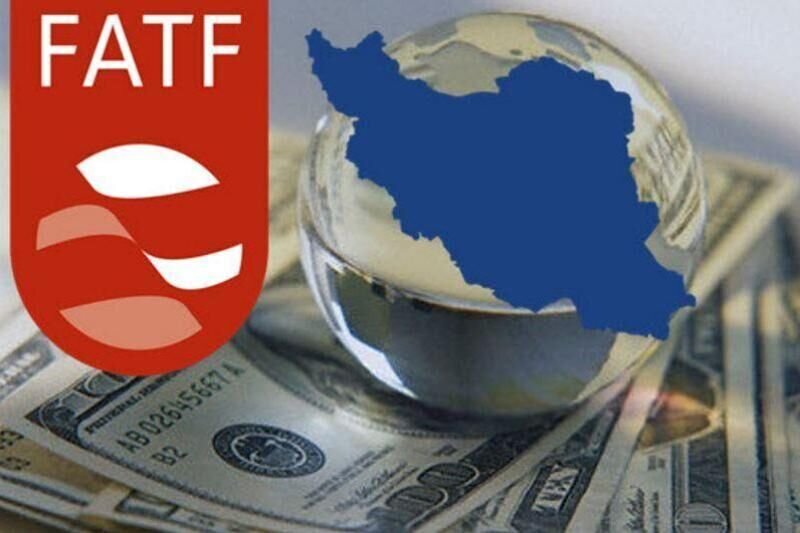FATF gives Iran until Feb. to pass anti-money laundering laws

TEHRAN – The Paris-based Financial Action Task Force (FATF) said on Friday it has given Iran a final deadline of February 2020 to tighten its laws against money laundering in compliance with the global watchdog’s financial standards.
“If before February 2020, Iran does not enact the Palermo and Terrorist Financing Conventions in line with the FATF Standards, then the FATF will fully lift the suspension of counter-measures and call on its members and urge all jurisdictions to apply effective counter-measures, in line with recommendation 19,” the FATF said in a statement on Friday, Reuters reported.
“The FATF expects Iran to proceed swiftly in the reform path to ensure that it addresses all of the remaining items by completing and implementing the necessary Anti-Money Laundering and Counter-Terrorist Financing reforms.”
On February 22, the FATF gave Iran until June to fix its anti-money laundering and terrorism financing rules or face increased international scrutiny of its banks.
However, the Paris-based body extended the deadline until October in an announcement in June.
One of the actions Iran is required to take to appease the FATF is joining the United Nations Convention against Transnational Organized Crime (UNTOC), which is also called the Palermo Convention, a 2000 United Nations-sponsored multilateral treaty against transnational organized crime.
The other action is to ratify the CFT, the convention combatting financing of terrorism.
On October 7, 2018, the parliament voted in favor of the CFT. However, the oversight Guardian Council rejected the bill by finding 22 faults with it, which put the fate of the bill on the hands of the Expediency Council.
Earlier this month, the secretary of the Expediency Council said the government is not permitted to join the Palermo Convention.
“The bill to join the Palermo Convention was rejected in the Supreme Supervisory Board because it contradicted with the establishment’s general policies,” Mohsen Rezaee said.
Also, a member of the Expediency Council said on October 14 that the council had set aside studies to approve the Palermo bill.
“Palermo and CFT will help the United States identify the ways we circumvent the sanctions. We will not tighten sanctions with our own hands,” Gholamreza Mesbahi-Moghadam said.
He added, “We are managing the country through circumventing the sanctions. Approval of these two bills is not wise.”
MH/PA
Leave a Comment